2024 - 2025 Call Highlights (Launch: May 2024)
24
Funded Projects
5
Top 200 Ranked Partners (THE, QS, Nature, ARWU)
14
Projects engaging Global South/ Global Indigenous Partners
(Co-PI/collaborator)
16
Early/Mid-Career Researcher led projects
GRE Funding Committed
External Funds Secured (Includes partner commitments)
Value of External Grant Applications Supported by GRE (SSHRC-PEG & Insight, NSERC CREATE, GAC-Indo-Pacific RCE)
5 projects
Engaging York research clusters (ORUs, CRCs, YRCs, Endowed Chairs & Connected Minds)
2 projects
Focused on international graduate/post-doctoral fellow training (e.g. CREATE, joint PDFs.)
5 projects
Engaging international non-academic partners (Industry, NGOs, the UN, Arts & Cultural Organizations, etc.)
Awarded Projects - 2024-25 Call
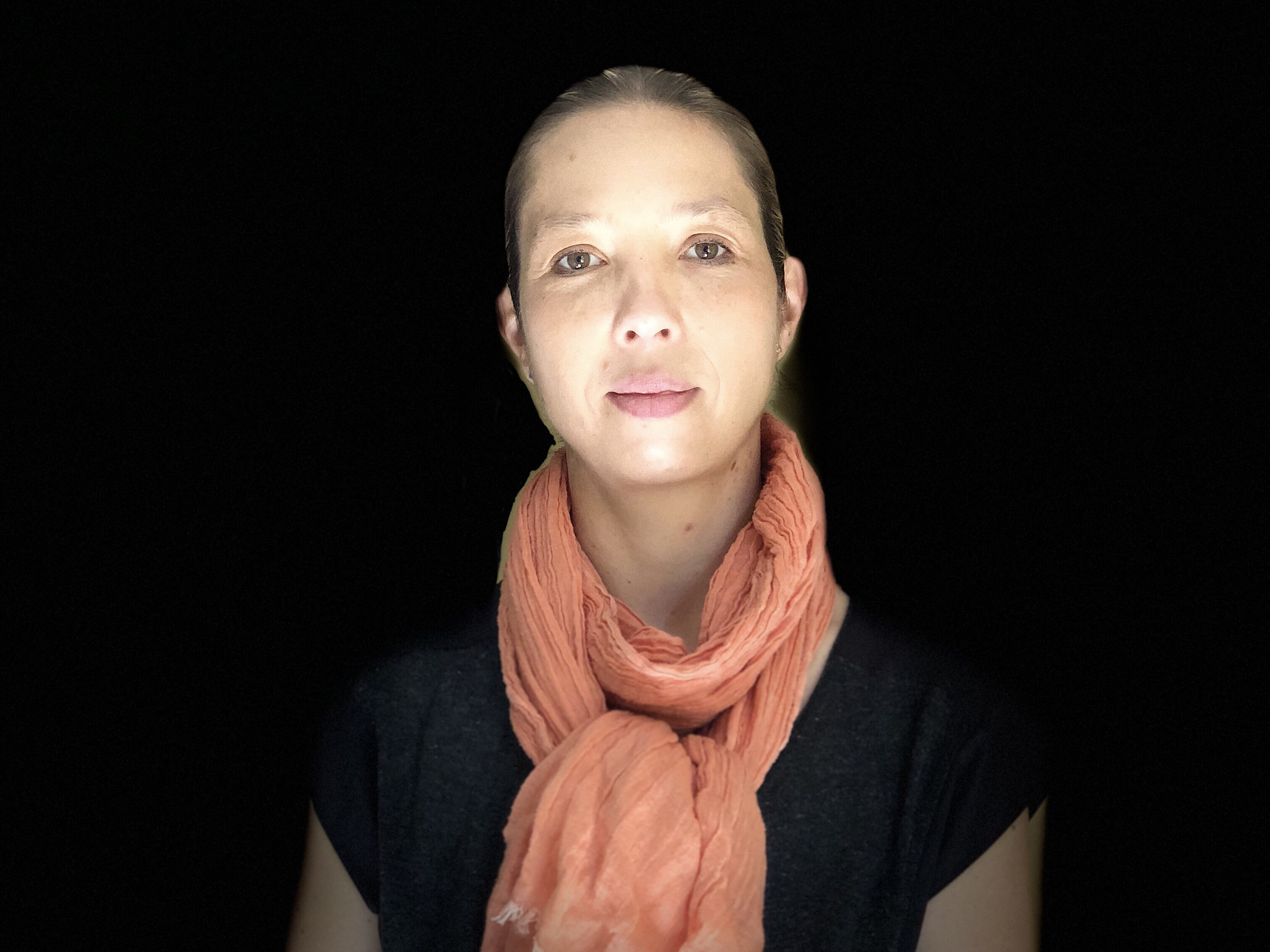
Principal Investigator: Dr. Cristina Delgado Vintimilla, Faculty of Education (MCR)
Partner: Museo del Centro de Investigacion e Interoretacion de Ingapirca, Ecuador
Project Summary: The critical question of how to respond to times of ecological crisis and land devastation has yet to be addressed outside the business-as-usual responses that caused it. These capitalist and colonial approaches have offloaded the burden of ecological precarity and land destruction, particularly onto women and our younger generations, threatening their health, education, security and lives. This project addresses this question by generating insights from Canari-campesinos women and children in Ecuador.
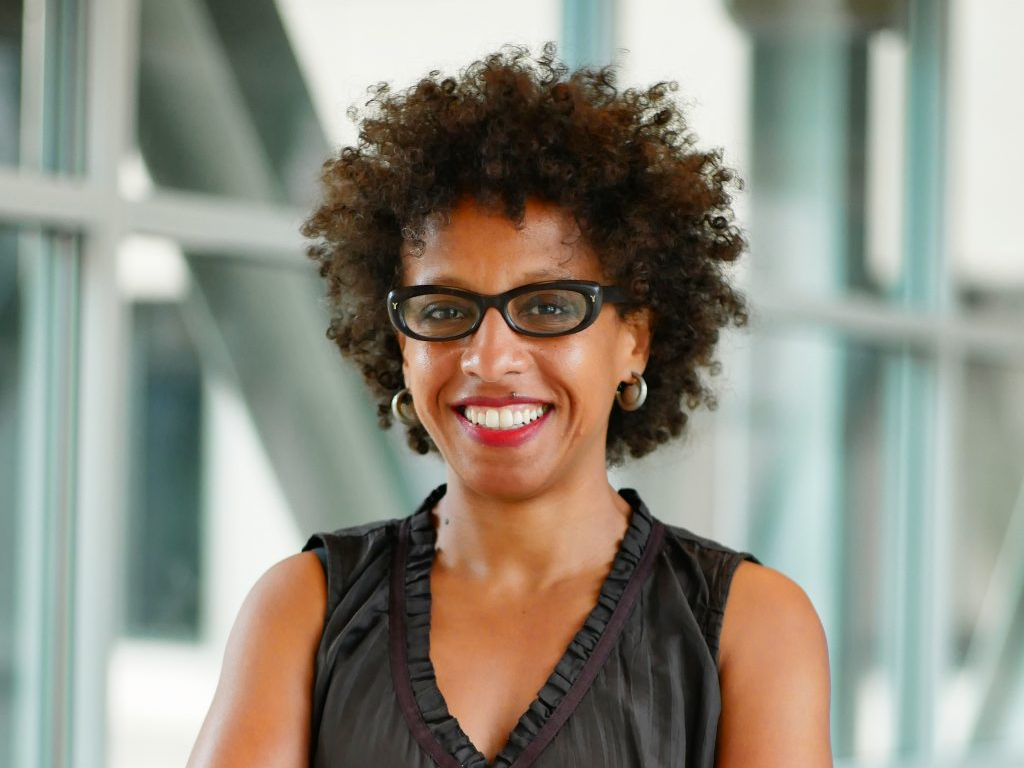
Principal Investigator: Dr. Mahtot Gebresselassie, Faculty of Environmental and Urban Change
Partner: Dr. Dwayne M. Baker, Queens College, City University of New York, United States of America
Project Summary: The proposed research aims to investigate whether, how, and why people modify their travel behaviour during extreme weather (extreme heat, flooding, snowstorm, and heavy rains) by taking case studies of New York City and Toronto. In addition to understanding overall changes to travel pattern, we are interested in examining whether socioeconomic and demographic attributes of travelers affect any travel behaviour modification.
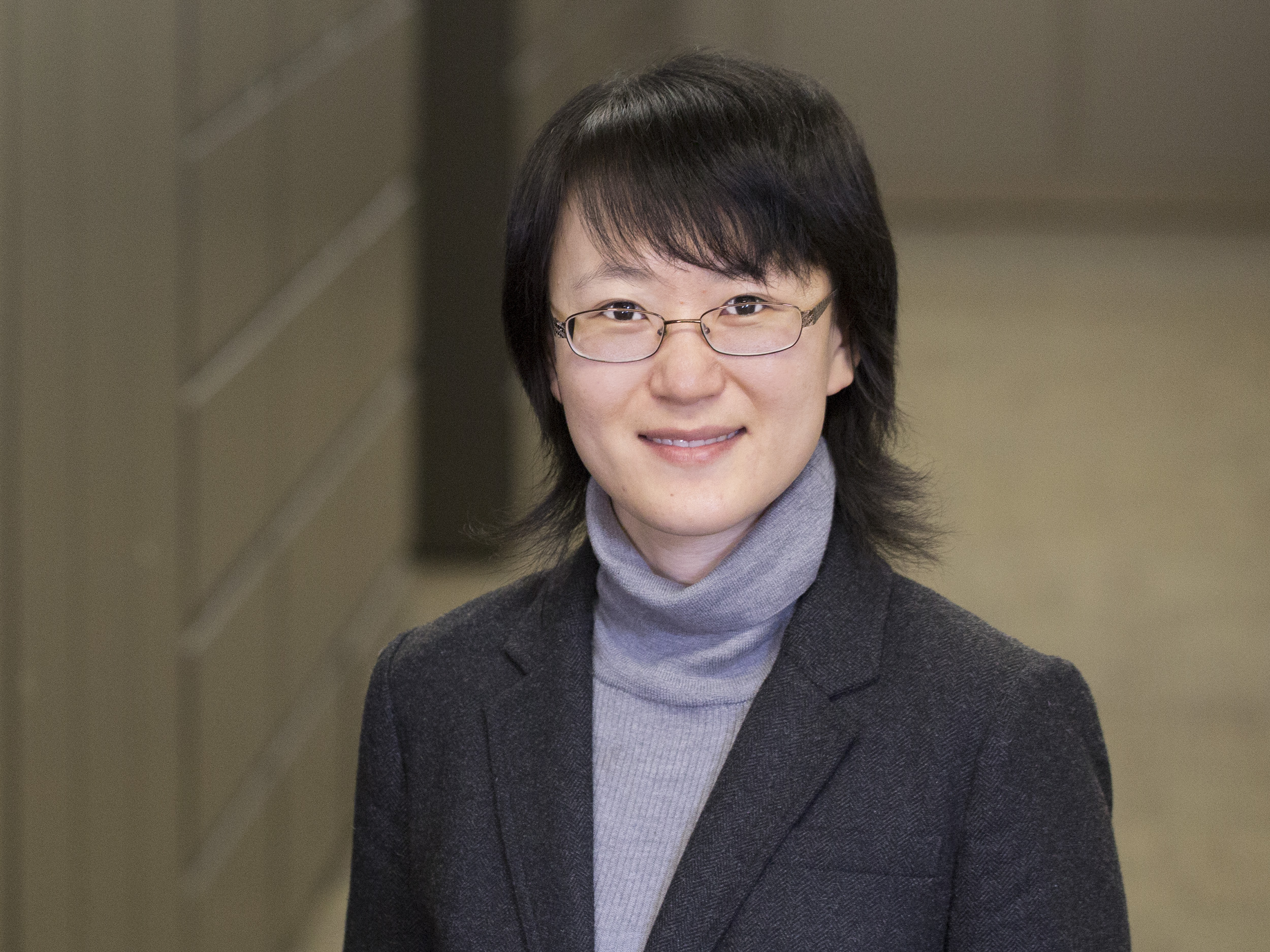
Principal Investigator: Dr. Muyang Li, Faculty of Liberal Arts & Professional Studies
Partner: Dr. Wenhong Chen, The University of Texas at Austin, United States of America
Project Summary: Artificial Intelligence (AI) holds transformative potential but raises concerns about surveillance, data ethics, social inclusion, digital colonialism, and national security. This project explores the diverse regulatory approaches to AI governance in regions including the U.S., E.U., China, and Canada. By examining the geopolitical and technopolitical dynamics influencing these strategies, the project aims to foster a holistic understanding of AI governance and its global implications.

Principal Investigator: Dr. Jinjun Shan, Lassonde School of Engineering
Partner: Professor Marcus Ryll, Technical University of Munich, Germany
Project Summary: While the field of autonomous unmanned vehicles (UAVs) has made tremendous progress in recent years, many questions remain unanswered. The increased popularity of data-driven algorithms in both perception systems and planning systems require a second wave of innovation; verifiability, safety and explainability are key requirements to allow the transition from systems suitable for showcases towards production-ready autonomous vehicles. This collaborative project seeks to advance essential technology in UAVs to promote cooperative control, high-precision navigation and decision making in areas such as self-driving and cooperative drone transportation.

Principal Investigator: Dr. Rahul Kannan, Faculty of Science
Partner: Prof. Mark Vogelsberger, Massachusetts Institute of Technology (MIT), United States
Project Summary: Galaxies are vast self-gravitating systems, making them the basic building blocks of structure in the University. Understanding the formation and evolution of galaxies is vital to discerning the history of the Universe. Fortunately, the recent advent of the James Webb Space Telescope as led to a flood of observational data. This project and GRE grant builds off Dr. Kannan and Prof. Vogelsberger's recent mapping of galaxy formation by the hiring of a joint PDF researcher to study reionization and the back-reaction of radiation on galaxy formation.
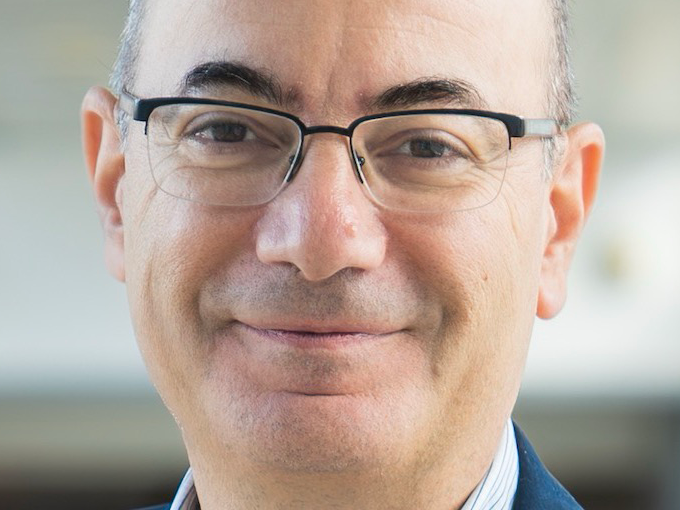
Principal Investigator: Dr. Christo El Morr, Faculty of Health
Partner: Dr. Anoop George, Institute of Technology Palakkad, India
Project Summary: The collaboration will produce a two-day workshop to offer a unique multi disciplinary exploration of Artificial Intelligence (AI). The workshop will offer technical insights into AI, examine its social impacts, and investigate the philosophy behind our relationship with technology. Experts from engineering, social sciences, and the humanities will guide you toward responsible AI development and governance for a better future.
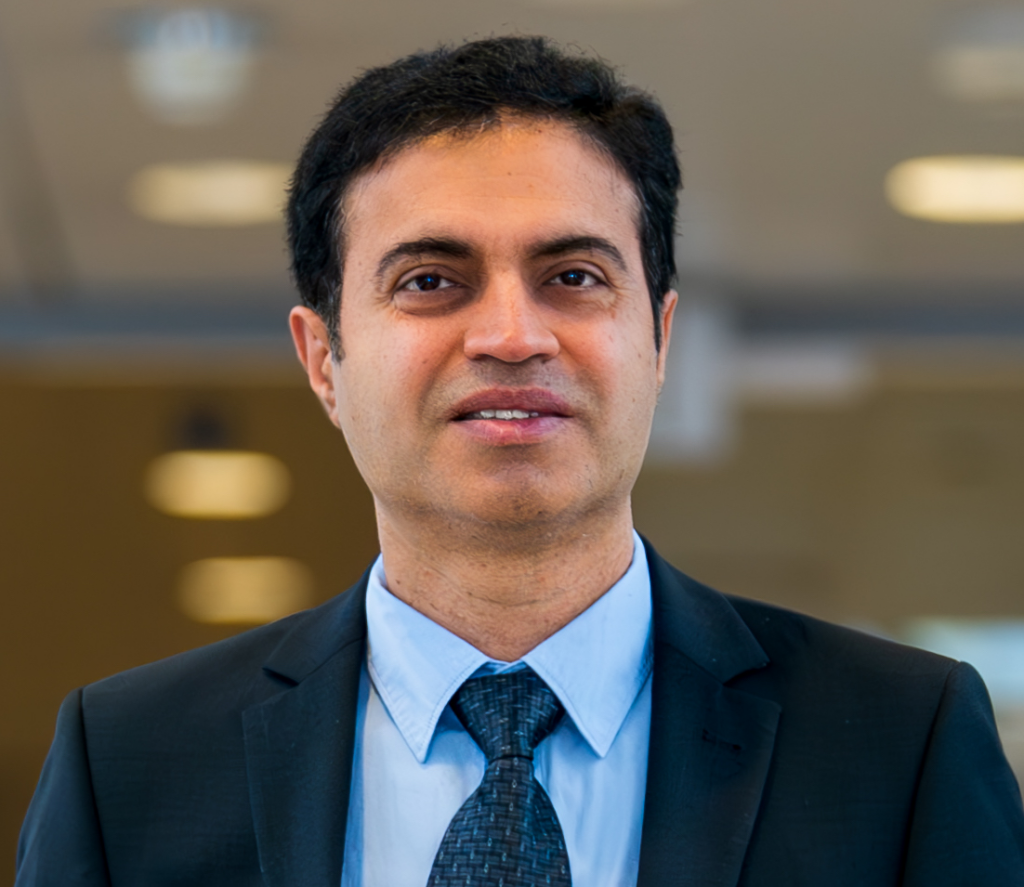
Principal Investigator: Dr. Vijay Mago, Faculty of Health
Partner: Dr. Sanasam Ranbir Singh, Institute of Technology Guwahati, India
Project Summary: Infectious disease continues to threaten global public health. AI offers a powerful solution, with the ability to analyze vast amounts of data and detect subtle outbreak signals much faster. This project will organize a workshop that unites experts in AI, public health, and infectious diseases to explore the potential of AI-driven early warning systems. Participants will gain hands-on experience, learn from case studies, and collaborate to design strategies for integrating AI into outbreak preparedness.

Principal Investigator: Dr. Tania Das Gupta, Faculty of Liberal Arts & Professional Students
Partner: Dr. Sugandha Nagpal, O.P. Jindal Global University, India
Project Summary: Young migrants' decision-making is shaped by knowledge derived formally and informally. During the Covid-19 Pandemic, networking through social media intensified. This project seeks to analyze what are the best communication practices with prospective migrants and newcomers and how does class, gender racialization/caste figure into these practices.
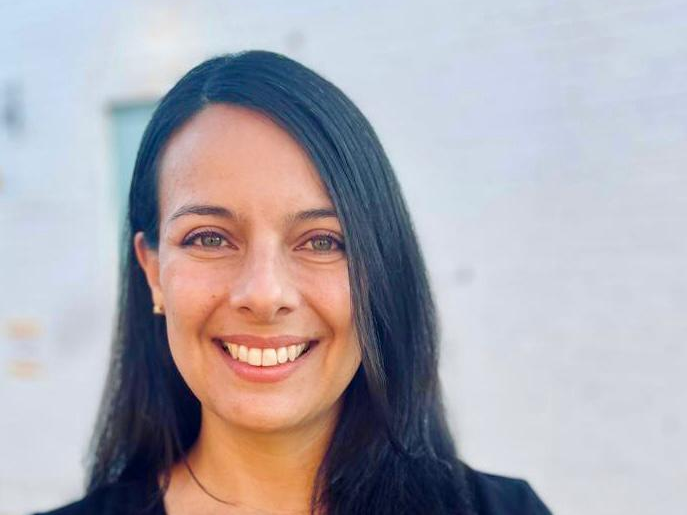
Principal Investigators: Dr. Luisa Sotomayor, Faculty of Environmental and Urban Change & Dr. Shubhra Gurani, Faculty of Liberal Arts & Professional Studies
Partner: Dr. Nausheen Anwar, Karachi Urban Lab, Institute of Business Administration, Pakistan
Project Summary: Urban Workarounds is a three-year initiative (2025-2027) between CITY Institute and YCAR at York University and the Karachi Urban Lab to address infrastructure disrepair, including climate impacts, through transnational knowledge exchange. The project fosters collaboration among academics, policymakers, and grassroots organizations via conferences, workshops, and policy roundtables. It explores infrastructure as a socio-technical issue, focusing on repair as a socio-political practice. The initiative aligns with SDGs 9, 11, 13, and 17, while enhancing collaboration with the Indo-Pacific region.

Principal Investigators: Dr. Anna Hudson, School of Arts, Media, Performance and Design
Partner: Prof. Pirjo Kristiina Virtanen, University of Helsinki, Finland
Project Summary: This project will offer an in-depth collaborative study of how to use and create digital technologies as a vehicle for relationship building between Indigenous communities, research institutions, museums, policy makers, and economic actors from arctic regions in Canada and in Nordic countries in collaboration with Indigenous co-leads & collaborators from academia, media and arts & cultural industries.
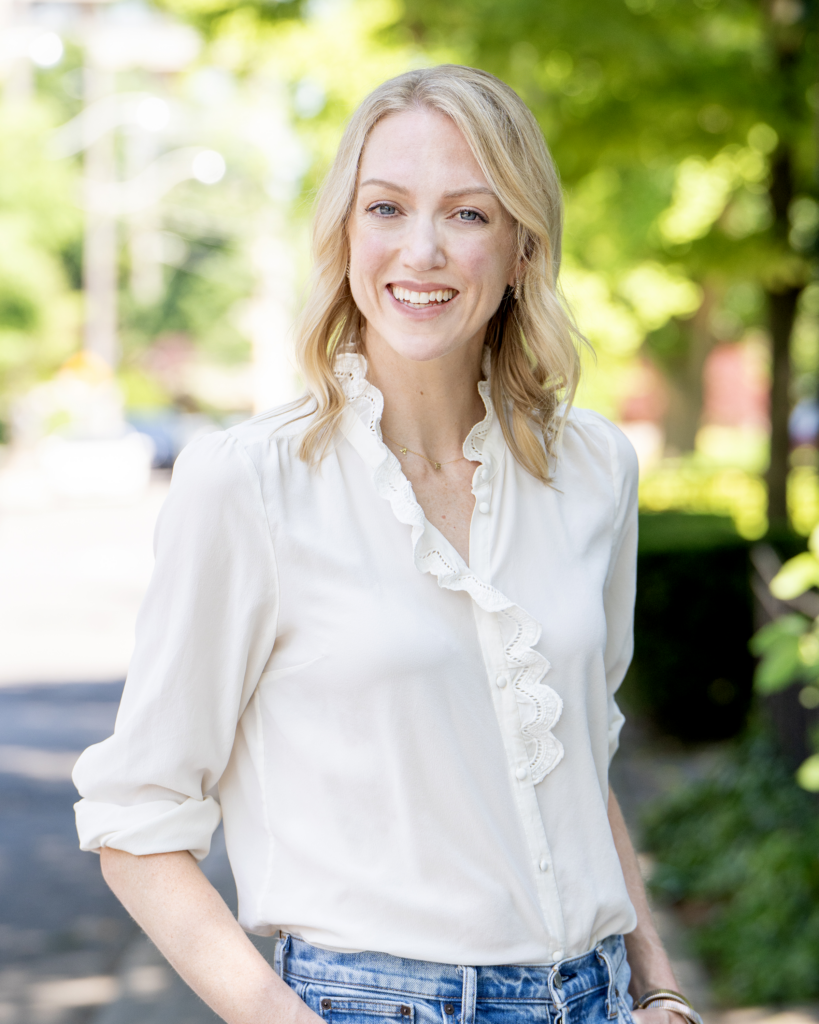
Principal Investigators: Dr. Lyndsay Hayhurst, Faculty of Health
Partner: Carly Koinage, United Nations Environment Programme
Project Summary: Sport for development and peace (SDP) programs, which have become a popular way of addressing social inequities and climate change in the global South, are also growing in communities that experience various forms of marginalization in the global North. Current research overlooks the gendered dimensions of climate change and the unique capacity of SDP programs to address these issues. Therefore, through collaboration with grassroots NGOs (Union of Hope, Uganda; Comisión Mujer Joven, Nicaragua; Charlie's Freewheels, Canada); York-based ORUs (Centre for Feminist Research at York and York’s Las Nubes Project in Costa Rica); and international partner organizations (UNEP, Kenya; Women Win, the Netherlands), our research aims to answer the question: How can sport, and SDP programs specifically, be designed to effectively address intersecting inequities pertaining to gender and climate injustice?

Principal Investigators: Dr. Alison Harvey, Glendon College
Partner: Prof. Bridget Conor, University of Auckland, New Zealand
Project Summary: Over the last decade there has been an explosion in attention to questions of equity, diversity, and inclusion. However, institutional initiatives tend to frame these as a separate consideration from mental and physical wellbeing, focusing on individual actions rather than communal and intersectional approaches to care. The proposed events and edited collection bring together international experts to discuss global EDI strategies from the lens of collective rather than individualized (self)care.

Principal Investigators: Dr. Amanda De Lisio, Faculty of Health
Partner: Prof. Laura Murray, Federal University of Rio de Janerio, Brazil
Project Summary: By researching, documenting and mobilizing LGBTQIA+ and sex worker solidarities in Rio de Janeiro, this four-year partnered research project will contribute to the permanence of trans people and sex workers in spaces of activism and education, including public postsecondary education. Trans people and sex workers in Brazil have disproportionately low levels of formal education—notably lowest among those with intersectional identities.

Principal Investigators: Dr. Benedict Weobong, Faculty of Health
Partner: Dr. Seyi Soremekun, London School of Hygiene and Tropical Medicine, United Kingdom.
Project Summary: Anthropogenic climate change, particularly heat-related exposures, is increasingly recognized as a driver of poor mental health, though its impacts remain understudied. This HEATSCAPE-Africa explores how climate-induced heat affects mental health in vulnerable populations in sub-Saharan Africa and evaluates the readiness of primary care and community mental health services to address these challenges.

Principal Investigators: Dr. Raju Das, Faculty of Environmental and Urban Change
Partner: Prof. S. Mohanakumar, Public Policy Research Institute, India
Project Summary: The project aims to examine the health impacts of climatic change, particularly high temperatures, on the construction workers in Toronto, Canada, and Thiruvananthapuram, India. It seeks to understand the specific health challenges faced by workers, evaluate existing state policies and employer actions to mitigate these challenges, analyze the influence of workers' actions through unions or civil society associations on state and employer responses, and identify constraints faced by the state and employers in addressing workers' health consequences of climate change.

Principal Investigators: Dr. Satinder K. Brar, Lassonde School of Engineering & Dr. Pouya Rezai, Lassonde School of Engineering
Partner: Prof. Harasha Ratnaweera, Norwegian University of Life Sciences, Norway
Project Summary: This project will collaboration and knowledge sharing in treatment technologies, water quality surveillance, and challenges in emerging contaminants (ECs). This transatlantic cooperation will assist Canada and Norway in advancing the modelling and optimization of coagulation processes in water and wastewater treatment, real-time monitoring and control of treatment processes and addressing ECs.

Principal Investigators: Dr. Usman Khan, Lassonde School of Engineering & Dr. Syed Imran Ali, Dahdaleh Institute for Global Health Research
Partner: Gulu University, Uganda
Project Summary: A partnership to develop humanitarian health research between York and universities in the African Great Lake region. This initial partnership will focus on public health engineering tools for the control and prevention of waterborne diseases, a leading cause of ill-health in humanitarian crises.
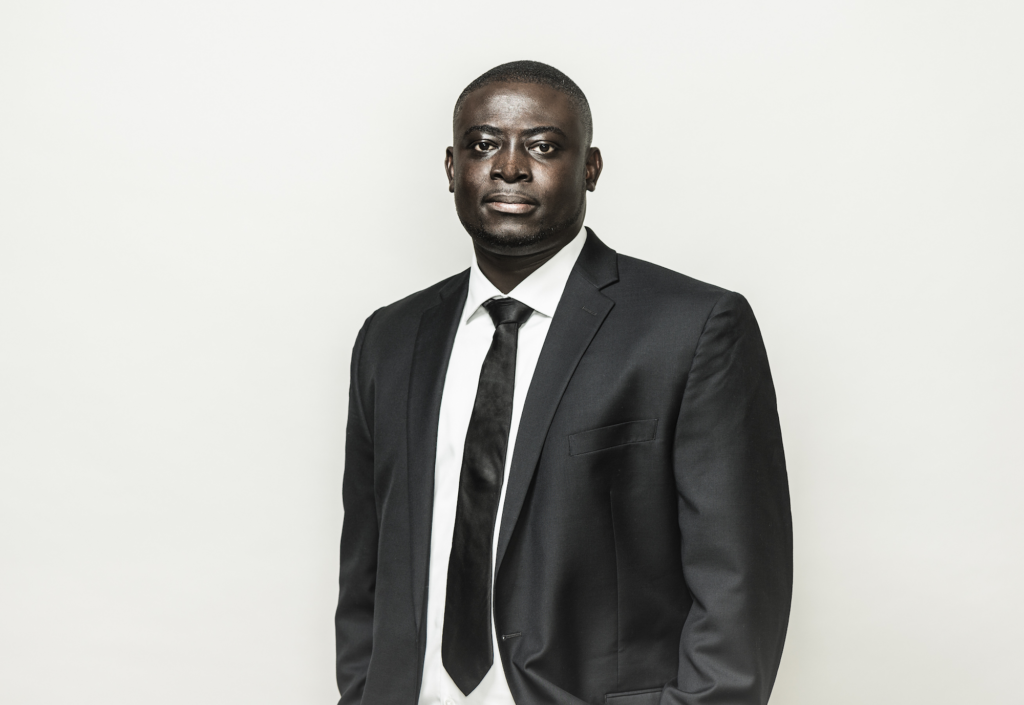
Principal Investigators: Dr. Solomon Boakye-Yiadom, Lassonde School of Engineering
Partner: Amir Mostafaei, Illinois Institute of Technology, United States of America
Project Summary: The demand for advanced lightweight metallic alloys with exceptional mechanical properties, corrosion resistance, biofouling mitigation, and high-temperature performance is surging across defence. aerospace, marine and energy industries. Traditional alloy development, which relies on one or two principal elements with minor additions is increasingly inadequate to meet these requirements. This research proposes integrating Integrated Computational Materials Engineering (ICME), Artificial Intelligence, and metal Additive Manufacturing (AM) to accelerate the design and processing of advanced alloys that surpass conventional performance limits.

